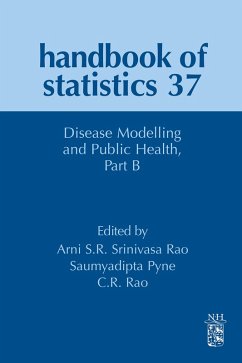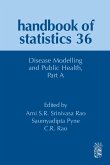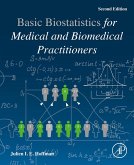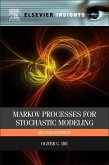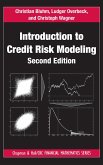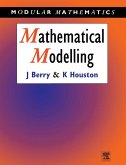Handbook of Statistics: Disease Modelling and Public Health, Part B, Volume 37 addresses new challenges in existing and emerging diseases. As a two part volume, this title covers an extensive range of techniques in the field, with this book including chapters on Reaction diffusion equations and their application on bacterial communication, Spike and slab methods in disease modeling, Mathematical modeling of mass screening and parameter estimation, Individual-based and agent-based models for infectious disease transmission and evolution: an overview, and a section on Visual Clustering of Static and Dynamic High Dimensional Data. This volume covers the lack of availability of complete data relating to disease symptoms and disease epidemiology, one of the biggest challenges facing vaccine developers, public health planners, epidemiologists and health sector researchers. - Presents a comprehensive, two-part volume written by leading subject experts - Provides a unique breadth and depth of content coverage - Addresses the most cutting-edge developments in the field
Dieser Download kann aus rechtlichen Gründen nur mit Rechnungsadresse in A, B, BG, CY, CZ, D, DK, EW, E, FIN, F, GR, HR, H, IRL, I, LT, L, LR, M, NL, PL, P, R, S, SLO, SK ausgeliefert werden.

